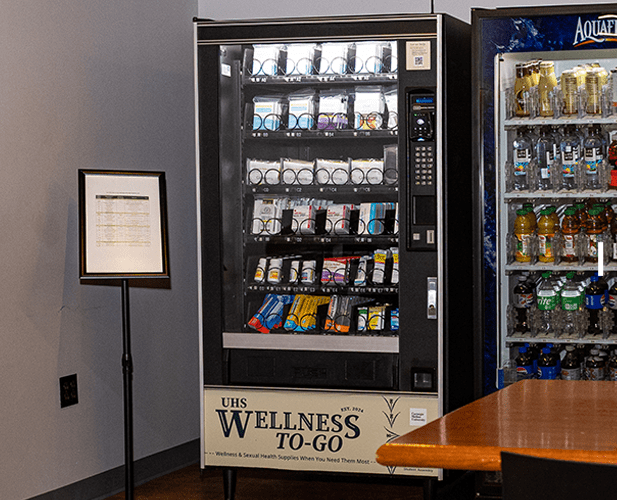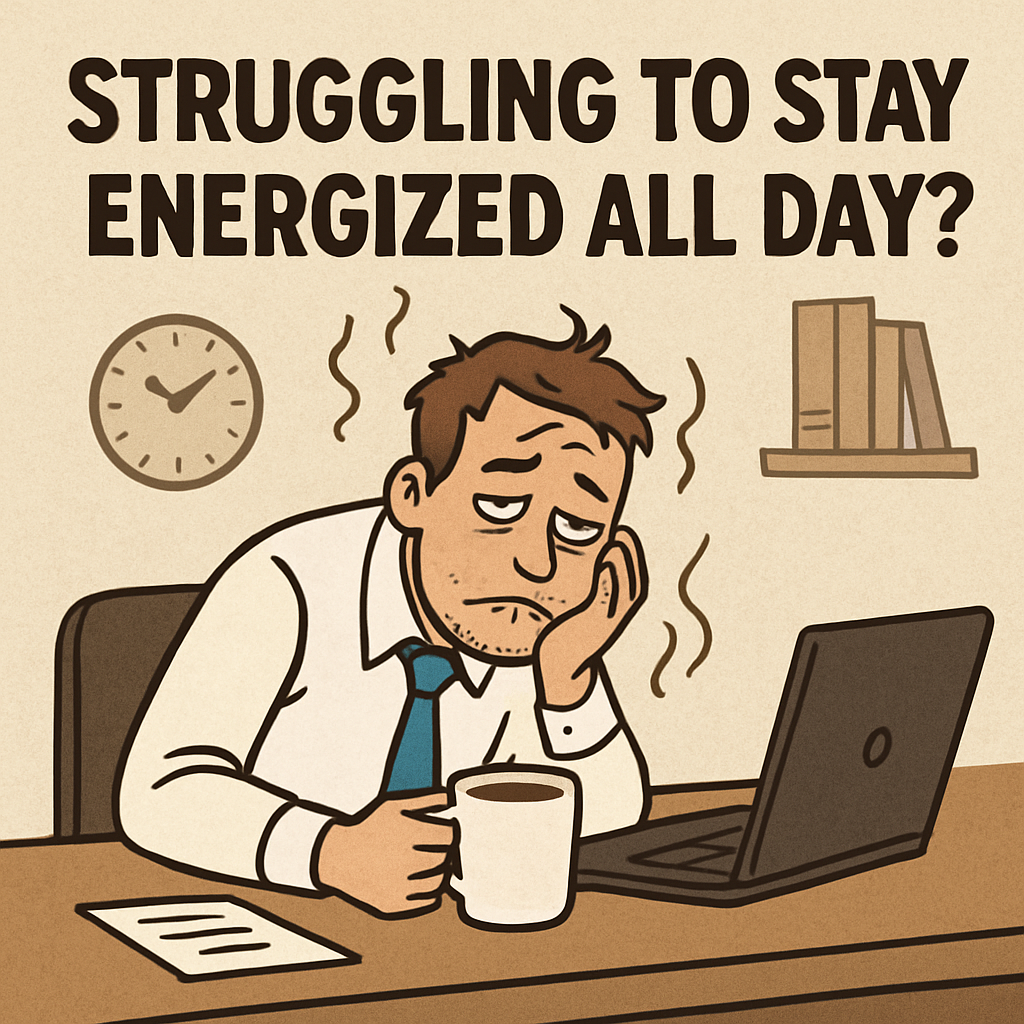In a first-of-its-kind effort to improve access to essential health resources, a wellness vending machine has been installed at One Community Health in The Dalles, Oregon. The 24-hour machine distributes a variety of free and low-cost health products to the local community.
It offers items such as period care products, condoms, pregnancy tests, and naloxone — a medication that can reverse opioid overdoses. The initiative is here part of a broader public health effort to support underserved and vulnerable populations, especially those who may struggle to access these products outside of regular clinic hours.
Martha McInnes, Director of Public Health for the North Central Public Health District in Oregon, emphasized the importance of accessibility. “Health crises don’t follow a 9-to-5 schedule. This vending machine is about reducing barriers and making sure people have access to what they need, when they need it,” she said.
The machine is located outside the One Community Health building, allowing individuals to access supplies discreetly at any time, day or night. The program is being closely followed by other public health departments across the country, as it could serve as a model for similar initiatives in rural or underserved communities.
In addition to emergency health products, the program also promotes health education and preventive care. Many of the items include informational inserts and QR codes linking to local health services.
This initiative is part of a growing trend that integrates technology with community-based solutions to promote health equity. If successful, similar vending machines may soon appear in other regions facing barriers to health care access.





